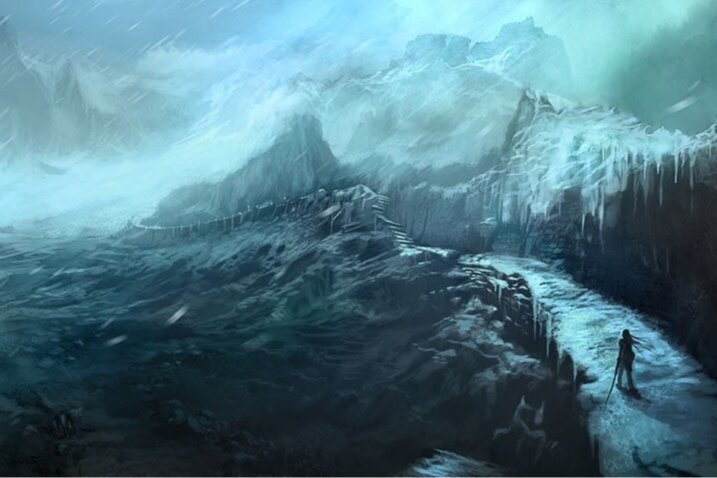So, apparently I have to talk about what I don't like about 5e in order for my opinion on this subject to be valid, to some people. That is...completely ludicrous, of course, but hey, why not.
DnD's magic system largely sucks. It has done so in every edition except 4e, and 4e was mostly saved by the fact that you could do magic stuff with skill challenges, the Arcana skill had active uses rather than just being a knowledge skill, and rituals were more interesting and varied. But it still kinda sucked.
What do I mean by that, well basically a magic system that wouldn't suck would be one where caster have some access to improvised magical actions, some ability to manipulate existing magical effects, and the ability in some capacity to work out and train new magical actions or rituals for themselves.
In my own homebrew TTRPG, magic is broken up into a dozen or so skills (the three skill categories are Physical, Interaction, and Magical). It's a world where magic is a skill, so this works well for modeling it. The system largely doesn't bother modeling individual differences in how easy it is to learn, because it doesn't model that with learning a musical instrument or how to swordfight, either.
All magic is skills based, but you can create spells, spend time training with them, and memorize them, which has cost benefits when using that spell as opposed to improvising an effect. It also has a distinct system for creating a ritual to do a thing, which mirrors the system for crafting magical items, potions, etc.
I wouldn't want to copy this over wholesale into DnD, because it doesn't fit most DnD settings' idea of how magic works, and I like that magic isn't always learnable by anyone in DnD. If I wanted my game to just be DnD, I'd just make a DND hack. However, I do see DnD's magic as insanely limited in terms of player creativity, and unfortunately allowing a wide range of improvisation with magic makes it harder to non magical classes to keep up, making one of the rare cases where i've seen players of some classes feeling overshadowed by other characters.
I know I could redo DnD's magic from the top down, and as long as the resource system that governs it stays the same, it could be balanced without rewriting anything outside of the spellcasting system, but it is a ton of work, so I'm looking into 3pp works that have done something like this instead, and considering working up a replacement Wizard, Druid, and Bard, if I can't find something I really like. I'd love a system where you have certain effects available in a given magic skill at a given level, and you can learn spells during gameplay, but you never gain them as part of leveling up, and a hugely expanded ritual magic system.
Also, 5e crafting might as well not exist at all. We had to basically rewrite it, even with the improvements in Xanathar's, because it just provides very little guidance for balancing magic items, and is at the same time very restrictive in terms of the time and cost for many magic items, which puts a lot of work on the DM to run a game that ditches the "the past was better than the present" nonsense that comes from a general misunderstanding of the Middle Ages. Not including advice on running a game with different magic item assumptions in the DMG or any supplement afterward is just...really annoying.
The rules for physical activities also largely suck unless you treat the limits as what you can do without an ability check, but since that's all that's needed to fix that problem, I'm not too mad at it.




